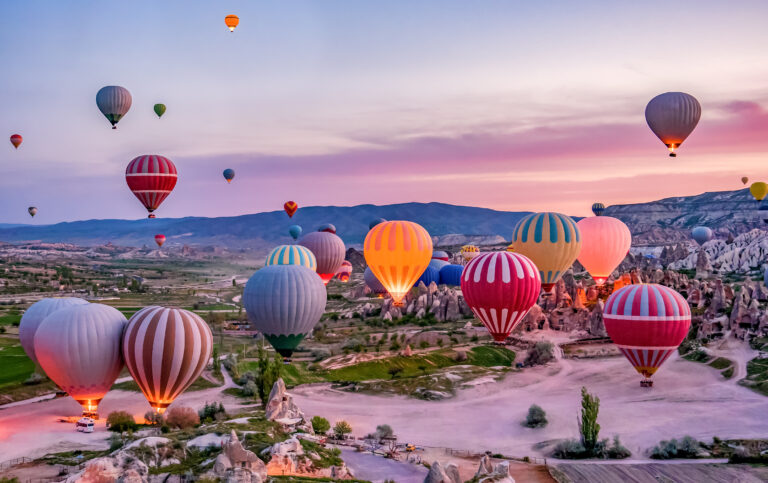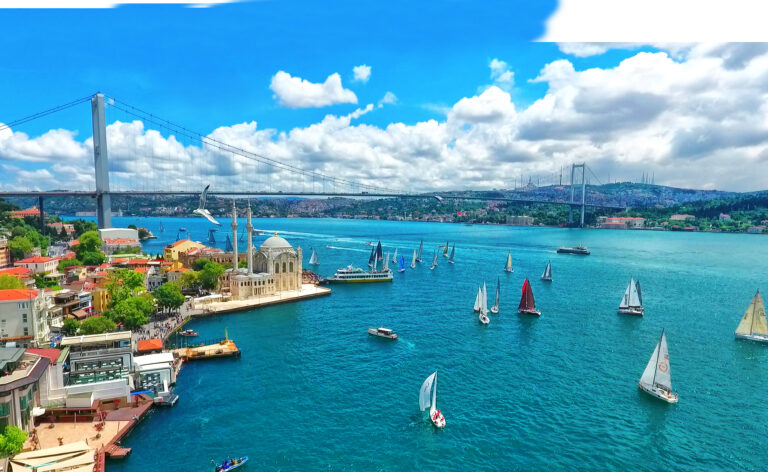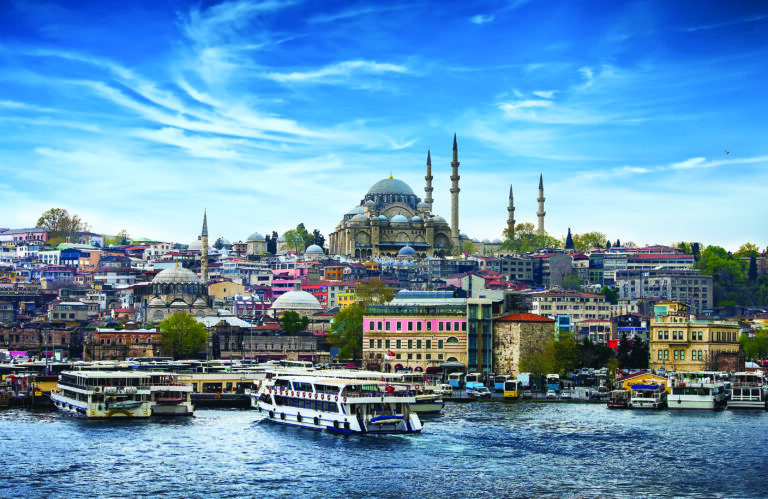Soak In the Turkish Artistic Side
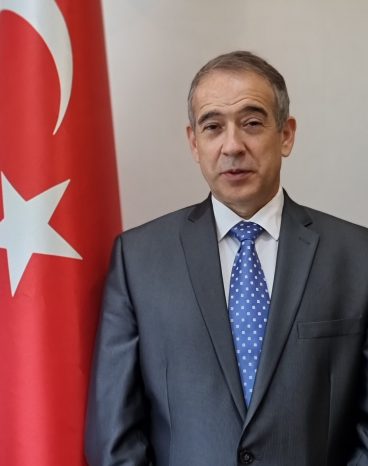
Türkiye is a transcontinental country, with its landmass straddling both Europe and Asia. A country rich in culture, history, and adventure with more than 80,000 mosques. A delight for tea toddlers and a haven for history buffs. H.E. Mr. Firat Sunel, Turkish Ambassador to India shares an insight on Turkiye with TravelJingles.
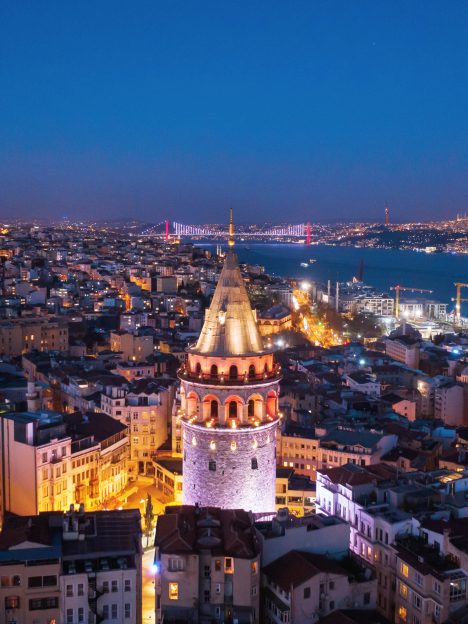
The Dervish ceremony is a unique Sufi spiritual practice. How would you describe Türkiye’s culture?
The Dervish ceremony, in other words the Mevlevi Sema Ceremony, symbolizes spiritual stages on the path to accessing God and is performed according to detailed rules. The whirling dervishes who perform the ceremony undergo strict spiritual and physical training. They must adhere to specific postures and behaviors, and moreover they should be knowledgeable about Rumi’s works. The ceremony with its mystical dance and music, is a core part of Türkiye’s spiritual heritage and also has been recognized as an Intangible World Heritage by UNESCO since 2008. Festival Seb-i Arus (Wedding Night) in Konya is held every year to celebrate Rumi’s legacy and attracts visitors from around the world, showcasing the enduring influence of Sufism in Turkish culture.
Türkiye’s food scene is a vibrant tapestry of flavours and traditions. Turkish tea, served in delicate tulip glasses, is a daily ritual and a symbol of hospitality. Kebabs, from spicy Adana to the savoury Iskender, showcase the art of grilling. Baklava, with its rich layers of nuts and honey, is a beloved sweet treat. You can also enjoy the Michelin starred restaurants in Istanbul, Izmir and Bodrum. Turkish cuisine reflects a rich history of cultural exchange, with influences from the Middle East, Mediterranean, and Central Asia. Each region offers its own specialties, making Turkish food both diverse and deeply rooted in its rich culinary heritage.
